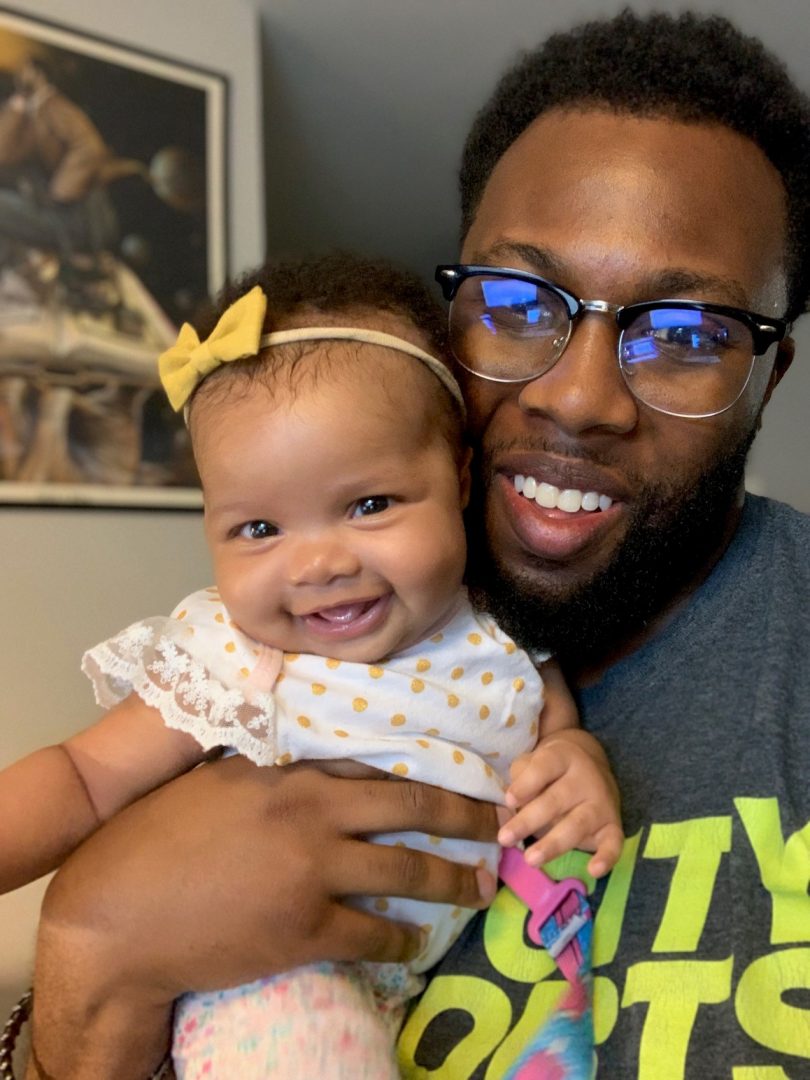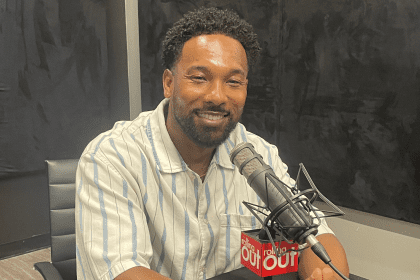
When he isn’t cheering for his hometown Philadelphia Eagles, 76ers, Phillies or Flyers, Clayton Corley Jr. mans the Government Programs Division at CareFirst BlueCross BlueShield as its chief of staff in Baltimore, Maryland. A new father, Corley loves spending time with his family and friends. The Temple University graduate recently sat down with rolling out to discuss fatherhood and the various tools he is implementing into his family unit as a means of establishing a rock-solid structure.
What legacy are you leaving for your children and the children of your community?
The legacy for my daughter, Harper, and children in my community is to embrace your culture unapologetically and aspire to educate yourself daily. One difference in the upcoming generations versus ours is the ability to access information and ask questions that past generations did not have access to.
How would you describe your fatherhood culture?
While my daughter is only an infant, we are teaching her about love and respect for herself and those around her by practicing what we preach. Children absorb and mimic the actions they see, so it is important to lead by example. When the time permits, we will teach her about the real world she will have to encounter as a Black woman, mentoring her to have the confidence she needs to succeed.
From a father’s perspective, what two books would you recommend every child read?
The 7 Habits of Highly Effective People by Stephen Covey and Good to Great by Jim Collins.
Why is it important to expose children to education and valuable skills?
Education, both formal and informal, is something that nobody can take away from you. It provides limitless opportunities in many forms and opens doors that may have been impossible to open.
What insightful advice would you suggest about building a network?
When seeking to build your network, the advice I always give is to have authentic intentions and allow your network to build organically. When individuals look to build their network simply by taking and asking versus giving back and supporting, the result in most cases is always negative. People gravitate toward authenticity.
Continue reading on the next page.















